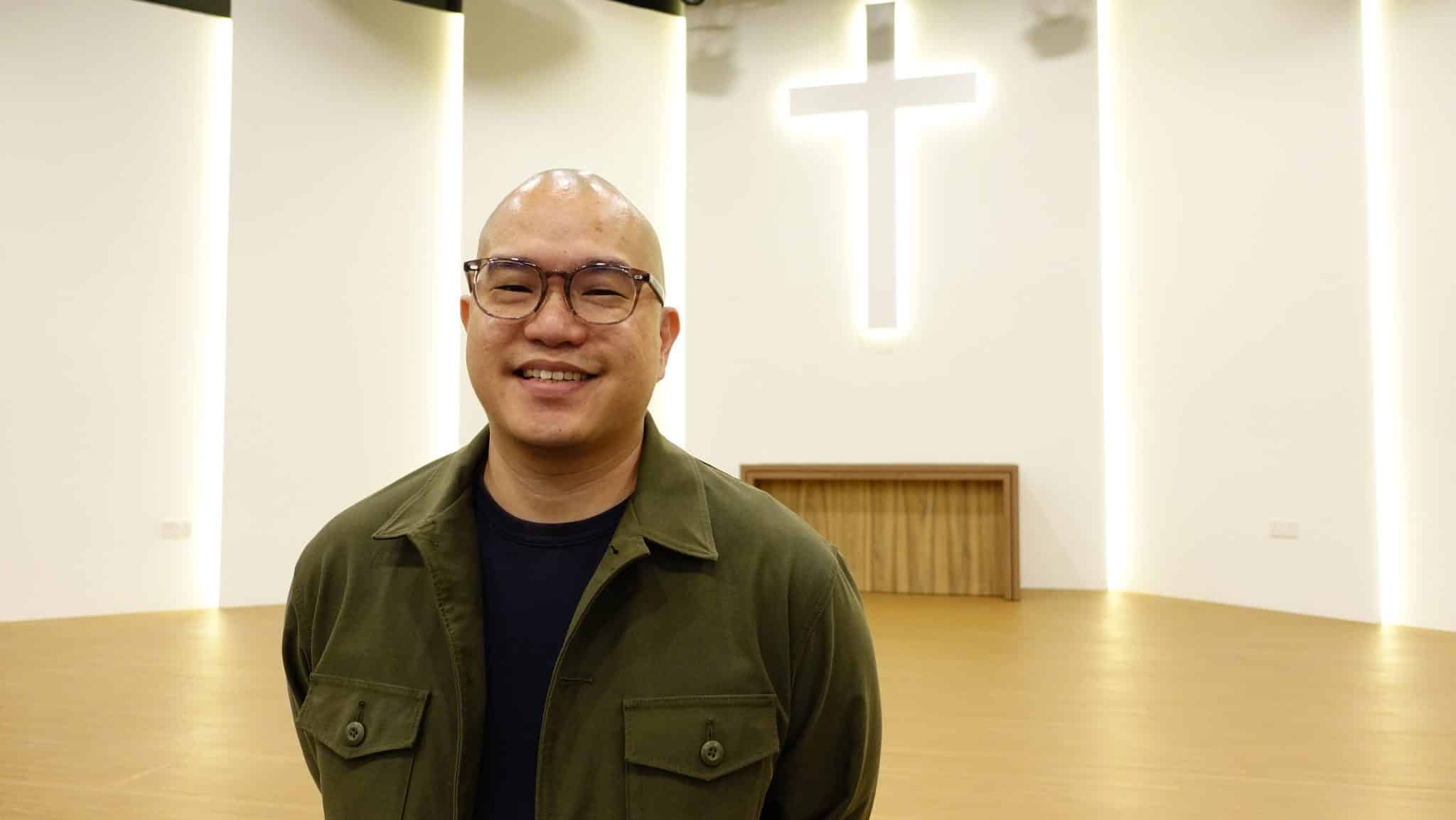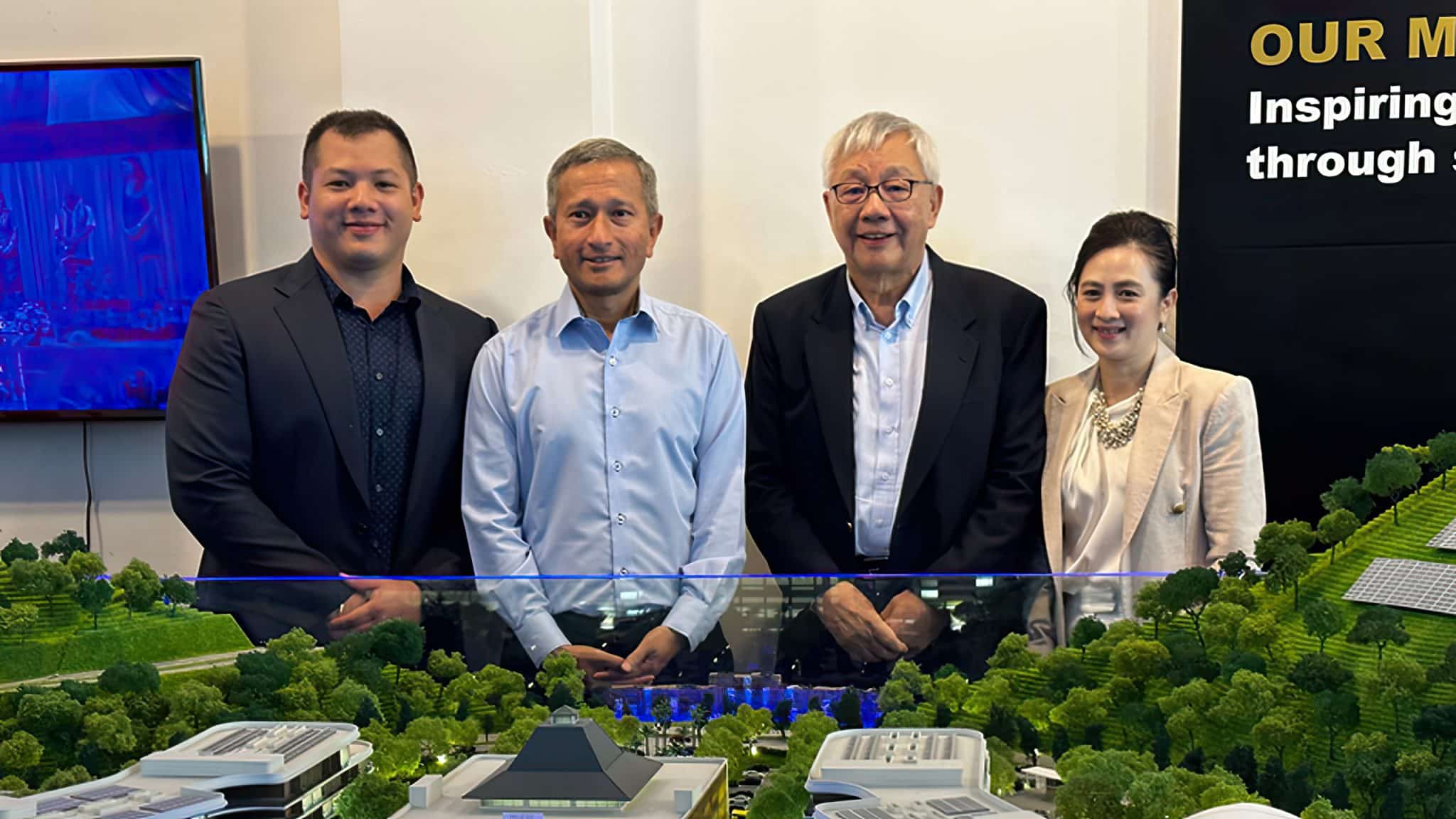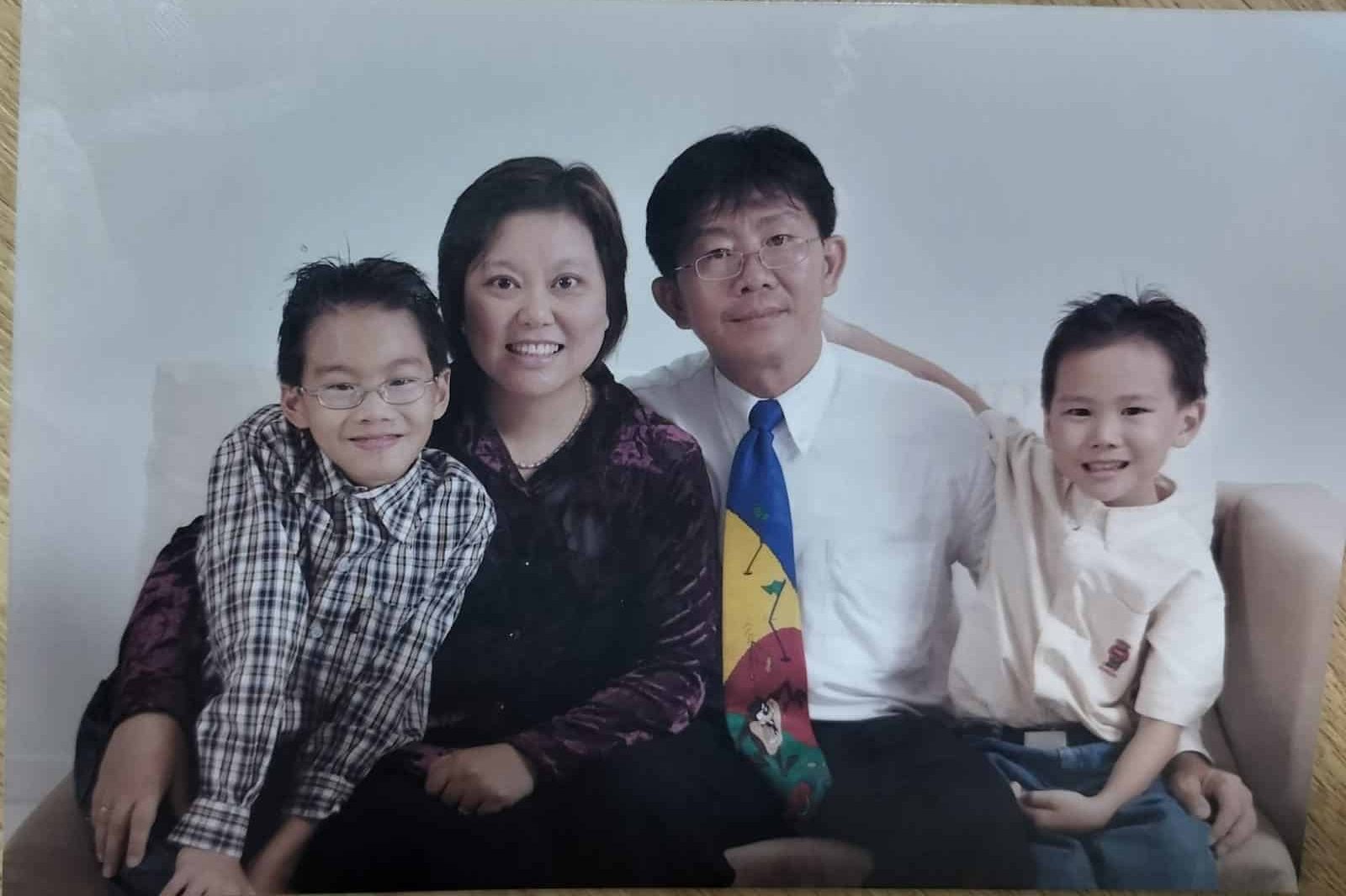“God’s economy is very different from capitalism and consumerism”: Lawyer, business owner and pastor Rachel Ongkili
Via the Salt&Light Malaysia Desk
Michelle Chun for Faithour // November 4, 2022, 1:07 am
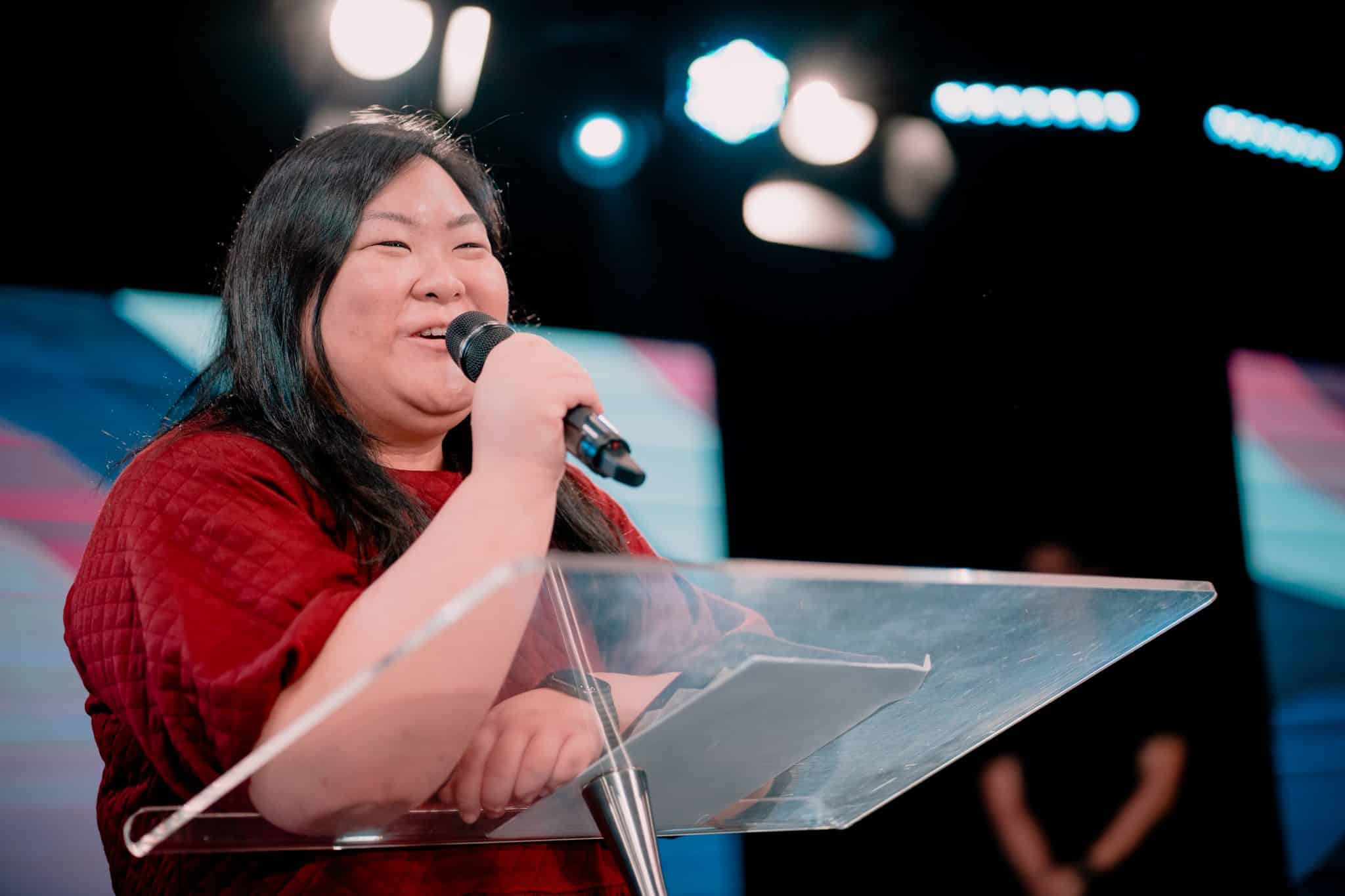
“My core value is always people first," says business owner and Executive Pastor at Skyline SIB, Rachel Ongkili. "The level to which your business can grow is really measured by the level at which you invest into your own employees.” Photos courtesy of Rachel Ongkili.
“I think I was trying to be a good daughter,” Rachel Ongkili says with a laugh as she recounts the chain of events that brought her to where she is today.
Born in Australia but raised in Kota Kinabalu, Sabah until the age of 18, Rachel had wanted to be a teacher, but because she wanted to honour her parents’ wishes, ended up obtaining her law degree and starting legal practice in Australia.
In 2009, she returned to Malaysia and was called to the Sabah Bar.
Path less travelled
“In 2009, I had many options. I had an invitation to join the judiciary. I was also very close to entering civil service,” she says, as it had been a dream to work with the United Nations or other international organisations.
She was also experiencing a reverse culture shock after being in Australia for eight years. “In many ways, I think I had backslid and was actually questioning whether it was right that I’d come back home. I had all these options but didn’t feel a release for any of them.”
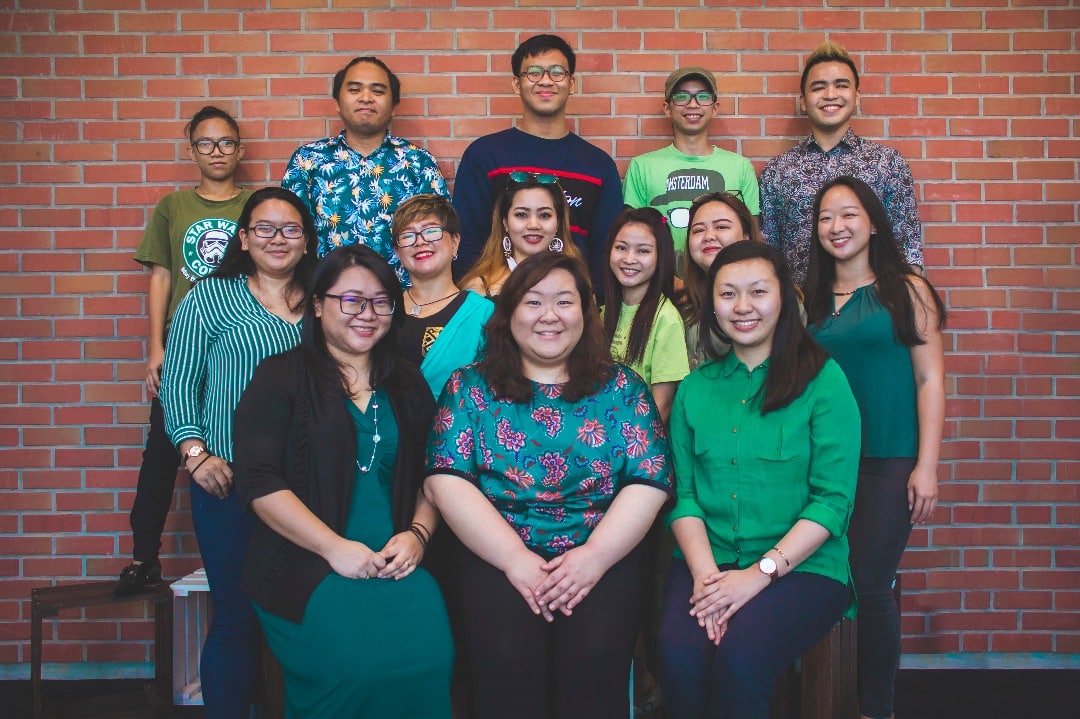
Rachel (seated, middle) returned to Sabah after eight years abroad.
As the eldest child, she has always felt a duty and desire to be present for her family. So in 2010, she decided to juggle being a lawyer and helping the family business, a family-size enterprise based mostly in agriculture.
Since then, Rachel hasn’t looked back.
Today, she is a partner at Suzie & Co, a law firm in Kota Kinabalu, and manages her family’s diverse businesses. She also has her own media production company.
On top of all that, Rachel is also an executive pastor at Skyline SIB, a thriving urban church in Kota Kinabalu, and is currently pursuing her Master’s in Divinity.
“I juggle different roles, being a daughter, big sister, sometimes a lawyer, a manager, business owner and a pastor. So those are the hats I wear when I have to.”
Something for Sabah
Stepping into the world of business back when she was just a rookie was a step of faith in itself. Rachel had no prior experience or educational background in business or agriculture because she had wanted to be a teacher all along.
“I told my parents I’d step in and start looking after the family businesses as best as I can, learning along the way. I was just feeling my way around but also understanding it was a call and responsibility,” she says.
She quickly learned the ropes and soon held an integral role running the family business. Around the same time, Rachel also had dreams of contributing to her homeland and that’s when she co-founded Vinoun Films, a media production company that hopes to advance the Sabahan creative space.
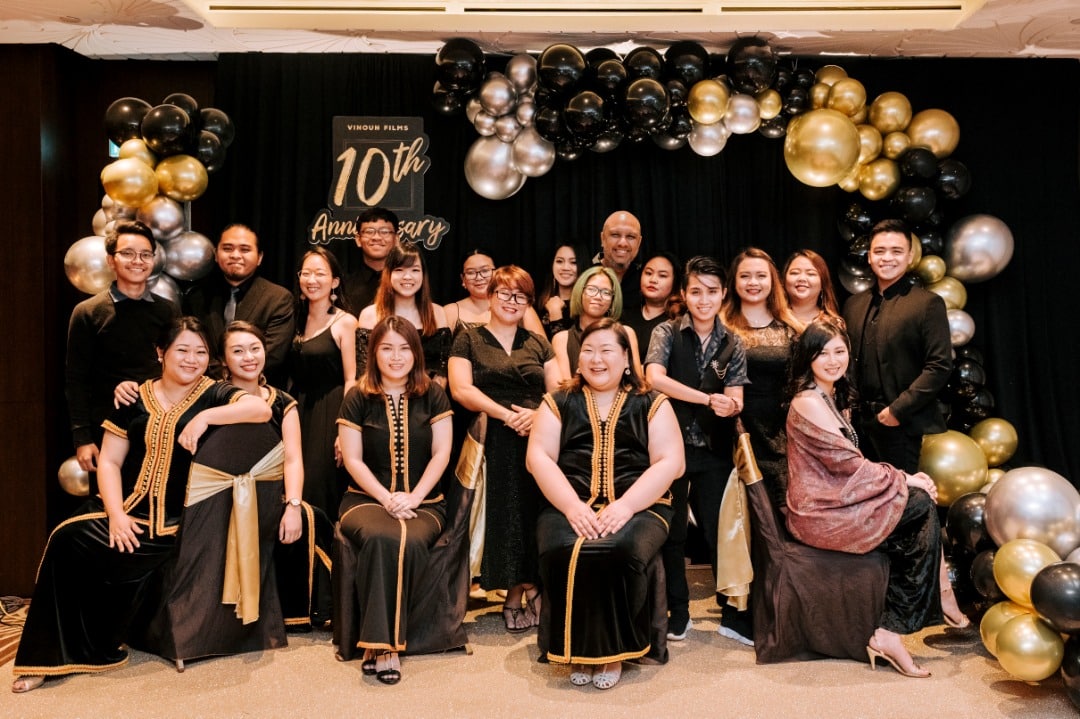
Rachel (seated, second from right) with the Vinoun Films team at their 10th anniversary in 2019.
“My friend wanted to do something for Sabah, and I said I could get behind that. She was also a primary schoolmate, so I thought, ‘What a great way to do something meaningful together with an old friend’, not realising that it would last this long and grow to be what it is today. It’s not a huge enterprise but is a very meaningful one.”
Today, Vinoun Films is a production house with an established presence in Kota Kinabalu and Kuala Lumpur. Its client portfolio includes Maxis, Astro and Shell.
Raised by a visionary
As if a stake in a law firm, media production house and family businesses were not enough, Rachel recently added hospitality business to her collection. In 2021, Rajawali Homes, a 30-room boutique hotel in Kota Marudu, Sabah, opened its doors.
Rachel says it had always been her father’s dream to open a hotel one day. However, she had put the idea off for years, as she felt they already had their hands full and the money could be put toward something else.
But after her father survived a stroke and came close to death, the dream was reignited in his heart.
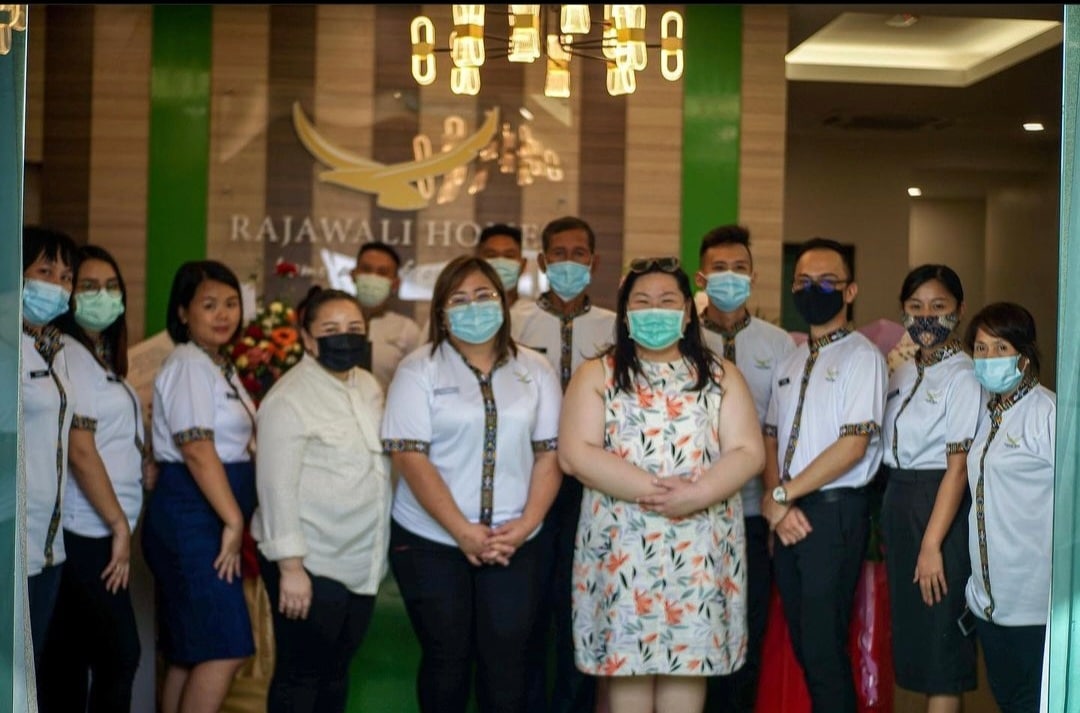
Rajawali Homes in Kota Marudu, Sabah, is Rachel’s latest venture.
“So I, again trying to be a good daughter, said okay, let’s just do it. But I know his heart, it’s big on empowering and giving people opportunities and that’s what he saw the hotel as. It’s just that I was late to see that. It wasn’t until the hotel actually opened that I went, ‘Oh, wow. This is actually making such a big difference in people’s lives’, especially in the area of providing meaningful employment.”
Today, Rajawali Homes employs 16 staff and two interns, all of whom come from Kota Marudu. It has been eye-opening for Rachel to see young lives in rural communities rising up to their potential simply because of the opportunity to learn, be challenged and grow.
Putting people first
Having been involved in various kinds of businesses for over a decade, Rachel shares a valuable lesson that forms the principle of how she runs businesses.
“The core value of everything that I do, in terms of the businesses that I run or manage, is always people first (the staff). That’s something I’ve come to learn over the years, that the level to which your business can grow is really measured in a way by the level at which you invest into your own employees.”
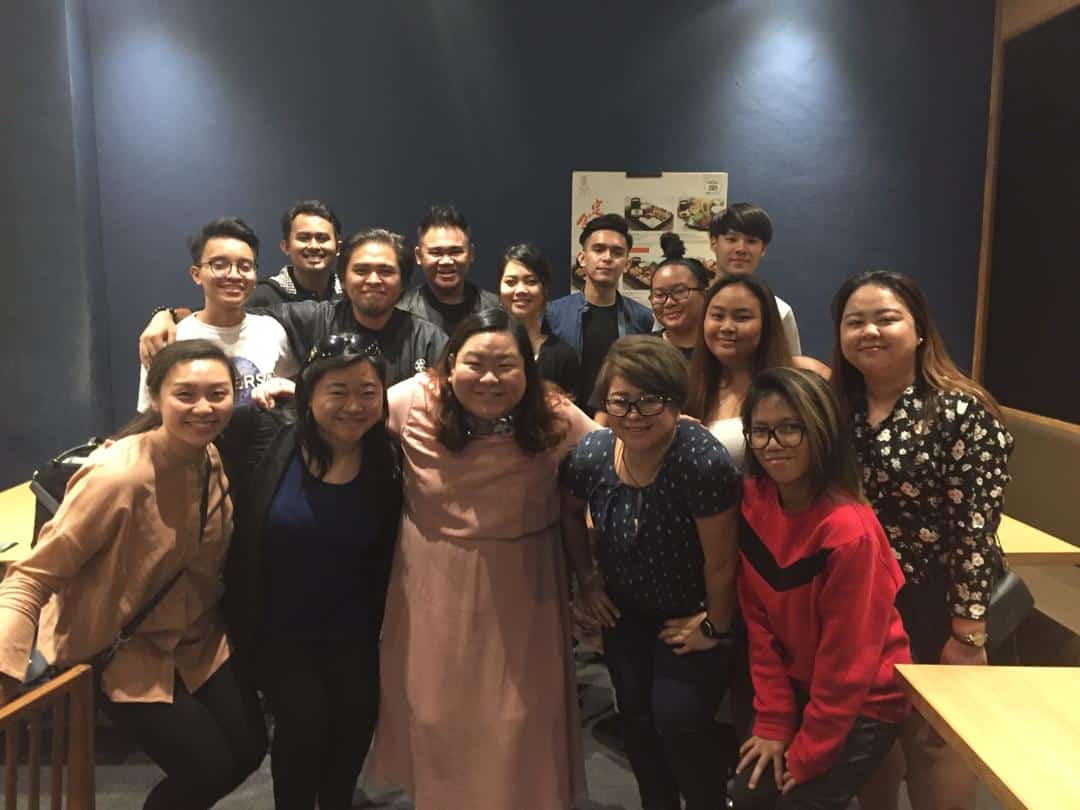
Over the years, Rachel has found that investing in her team reaps immeasurable rewards.
The bare minimum is to comply with minimum wage, EPF, SOCSO and other requirements covered by labour laws. As these individuals are giving of their time and years to help grow your business, it is important to treat them as best you can.
When she invests in her employees and genuinely cares for them, everything else flows naturally from that.
“As a business owner, I feel a strong sense of responsibility to care for them as my own kids. I want them to be the best versions of themselves, not just an employee in my company. It’s really about what it means to love God and to love people,” she explains.
And it’s not that the other bits of business does not matter, things like the pursuit of excellence, profitability and sustainability. In her experience, she has found that when she invests in her employees and genuinely cares for them, everything else flows naturally from that.
And this is also how she views her contribution to social impact, by providing gainful employment, mentoring and economic empowerment to young people. “You can make space for social impact even before you turn a profit, but it has to be built into your model from the start,” she says.
Businesses belong to God
When asked if her people-first approach has set her back in terms of how the world views success, and if there have been disappointments, she laughs. “Of course, we get disappointed all the time!”
It can be discouraging when someone she’s invested in moves on to better opportunities (she firmly states there’s nothing wrong with this and believes that if there’s a greater opportunity, one should take it), and she’s left with a gap to fill.
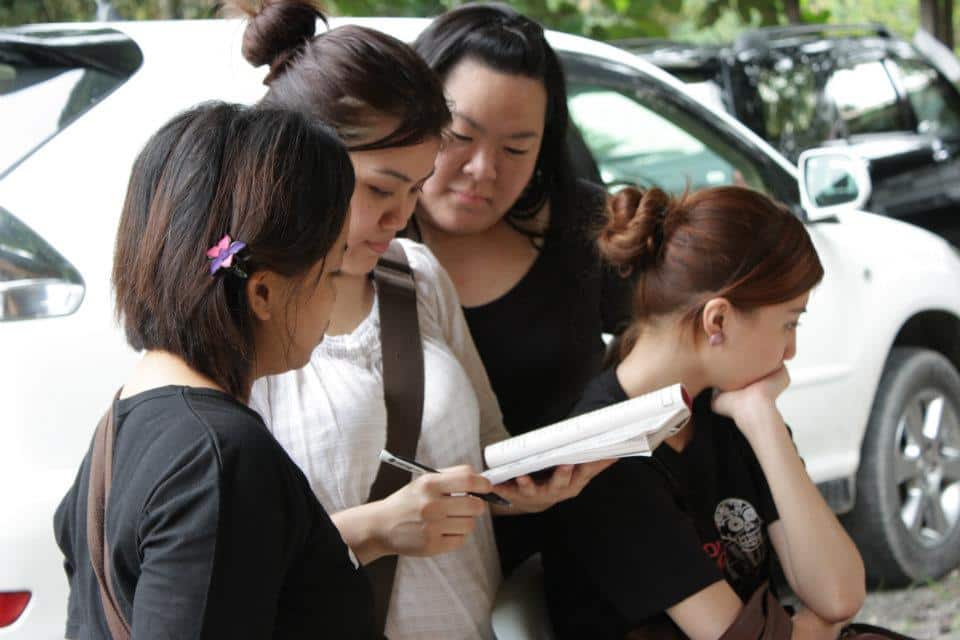
Her people-first approach means Rachel invests not just in their career, but their lives.
“So it does mean I’ve to come back to the drawing board and in a sense, start all over again. But that’s the call of what it means to be faithful, right. It means to be faithful regardless of what the situation looks like, even when it’s inconvenient for you.
“I think that’s how God looks at us and considers our faithfulness. Are we only faithful when things are great or are we going to be faithful in the little things? When we are faithful in the little, God will give us more.”
This approach, Rachel acknowledges, may mean her companies will not scale at the speed of others or perhaps ever be as big as some corporations around her simply because working with people takes up so much time.
“It’s not my business, it’s God’s. I am but a steward, and my responsibility is to care for the people who work in the businesses I steer.”
“Do I accept that things move much slower in our businesses? Yes, I do. Sometimes it seems very jarring to take this people-first approach. But when we consider that God’s economy is different from capitalism and consumerism, that will shape how we choose to run our businesses,” she says.
She cannot shake off the conviction that people come first, no matter the cost. This is grounded in her belief that, ultimately, she is but a steward and God’s proxy of the businesses she owns or manages.
“I always come back to that, and a lot of it is understanding that it’s not my business, it’s God’s. I am but a steward, and my responsibility is to care for the people who work in the businesses that I steer.
“To give them an opportunity to grow as far as I can take them within the organisation. And if it’s time for them to move on, we celebrate all they have contributed, thank the Lord and wait for the next person the Lord will give, and work with them all over again.”
Who has God called me to be?
The years have not always been easy. As a woman and Christian in the world of business, she has faced discrimination and the challenges of being in the minority.
“As you’re a woman, well, you’re just automatically not a man,” Rachel says with a laugh, remembering how she used to not be taken seriously in meetings or discussions.
“My identity is not about bigger or better, it’s just about who God has called me to be and what He’s called me to do.”
But she comes back to the question: who has God called her to be and what has He called her to do? This has become the foundation for everything she does in business and what it means for her to live out her faith.
“I have not grown at the speed of other companies, or have a workforce as huge as others, but I know this is my lane. This is where God has called me to be. I accept the trade-offs that come with that. But because my identity is not about bigger or better, it’s just about who God has called me to be and what He’s called me to do.”
For Rachel, living out her faith means seeing everything she does as worship unto God. She stays accountable by asking three questions when faced with any key business decision:
- Does this solution bring honour to God?
- Does this solution express love for my neighbour (including her competitors)?
- Have I done a check for issues of control or self-idolatry?
Beyond the bubble
Rachel is an inspiration to many. Her heart for people just keeps growing and is evident in the way she runs her businesses, cares for her staff and guides the young adults in her church.
As a bi-vocational pastor, she believes her active ministry has shaped her to who she is today as a business owner.
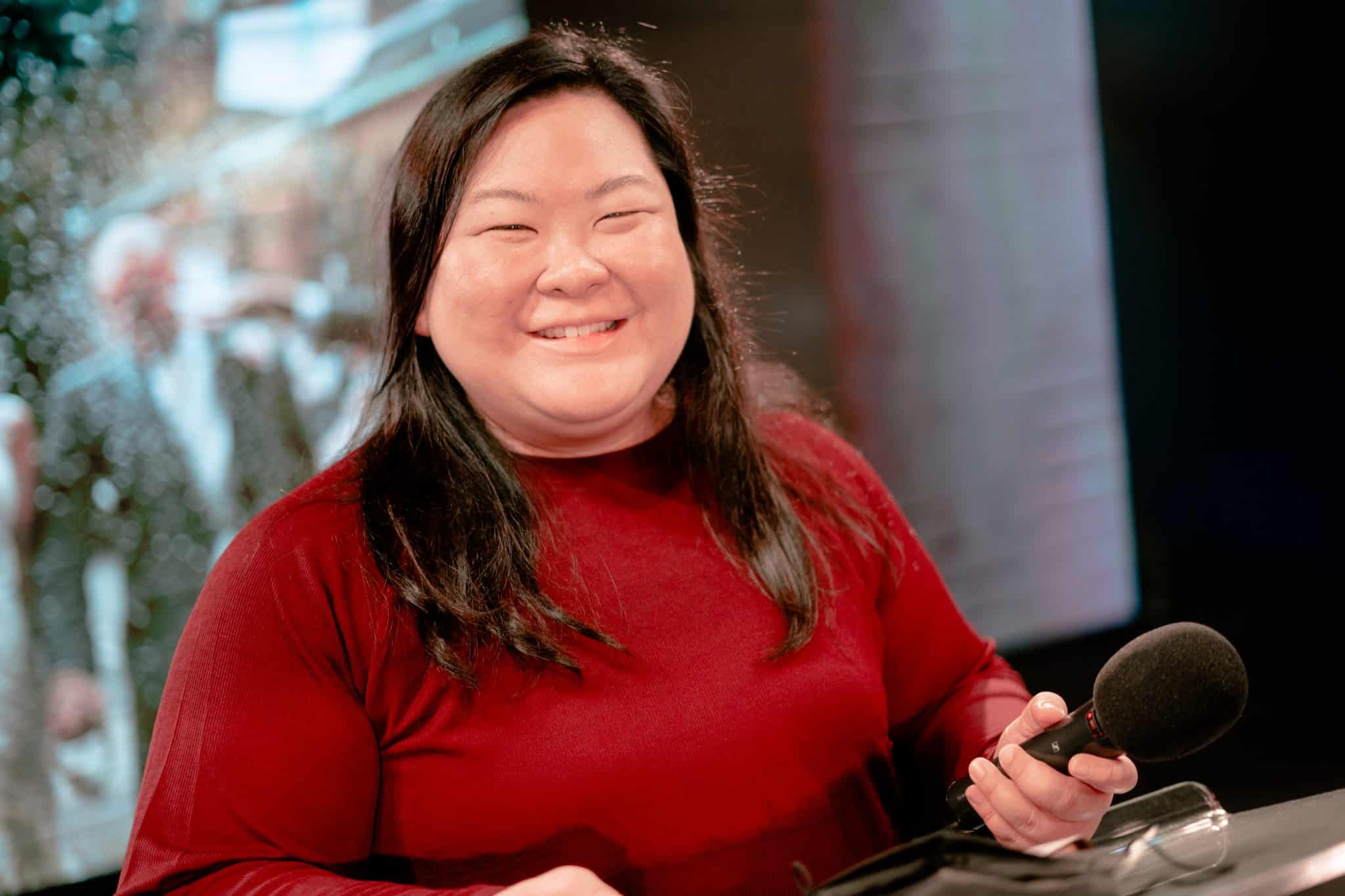
For Rachel, living out her faith means seeing everything she does as worship unto God.
“One thing I’ve learned is about being true to myself, again because I know who God has called me to be. There’s no difference between the Rachel you see at the pulpit and who I am every other day of the week. And there’s so much freedom in that,” she says.
Rachel is also a firm believer that as Christian business owners, it’s not just about empowering other Christians. In her words, we must go beyond the bubble and give everyone the opportunity to grow regardless of background.
Some of her pillars in Scripture are Matthew 22:37-39 (The Great Commandment), Luke 10:25-37 (The Parable of the Good Samaritan) and Micah 6:8.
As to her advice for young business owners, she keeps it short and sweet: “Keep it simple, love God and all people, and embrace stewardship. It’s true, liberating and it’s a place of freedom and rest.”
This article was first published by Michelle Chun for Faithour.
For more information on Rachel’s work and ministry, head over to Vinoun Films, Rajawali Homes, Suzie & Co and Skyline SIB.
RELATED STORIES:
Financial capitalism is outdated, says economist who offers alternative for purpose-centric business
“I am moved by the tears of your wife. I will heal you,” Jesus told this dying man
We are an independent, non-profit organisation that relies on the generosity of our readers, such as yourself, to continue serving the kingdom. Every dollar donated goes directly back into our editorial coverage.
Would you consider partnering with us in our kingdom work by supporting us financially, either as a one-off donation, or a recurring pledge?
Support Salt&Light
